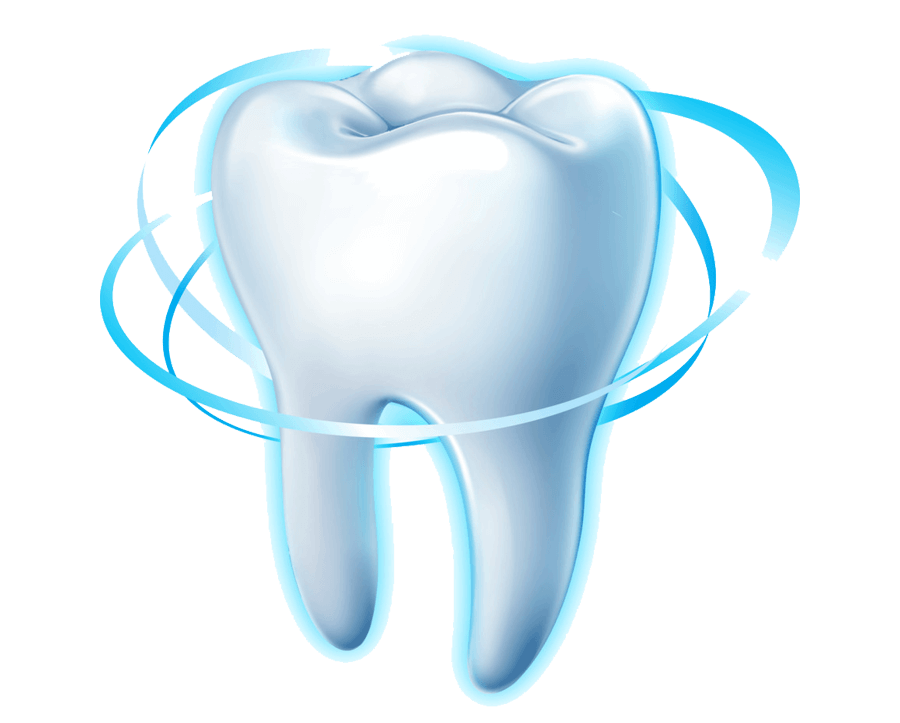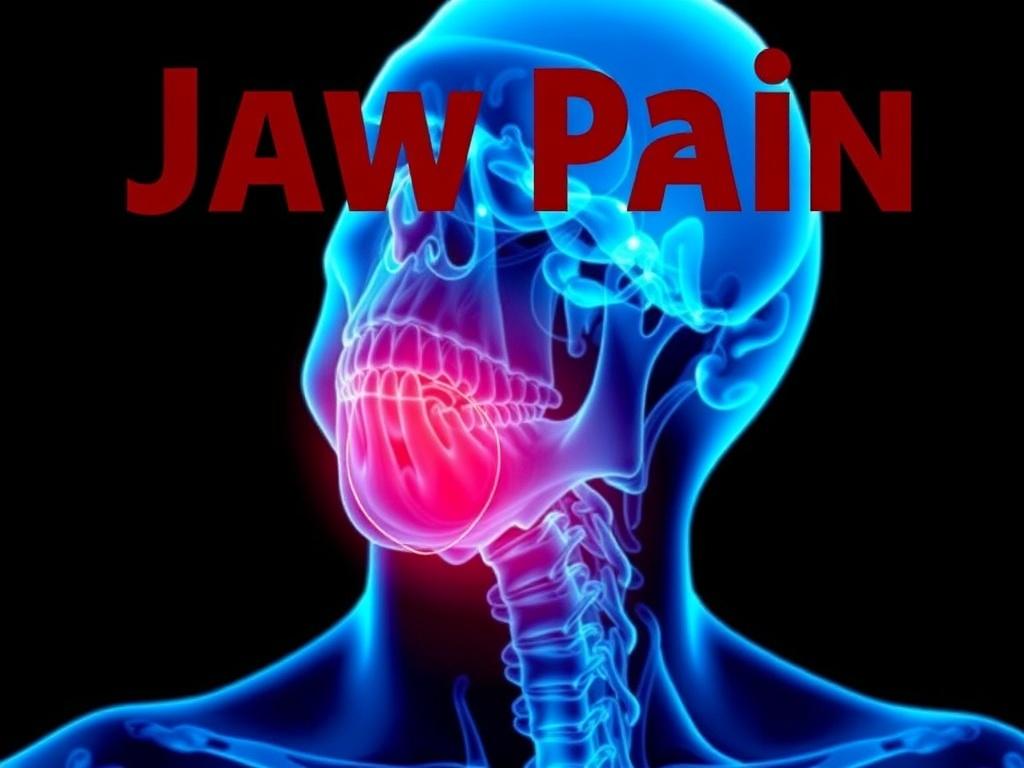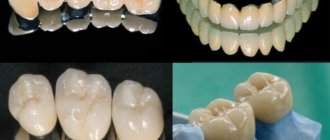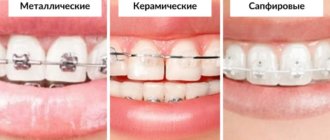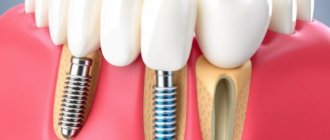Jaw pain can be a troubling and sometimes confusing symptom to experience. It can range from a minor discomfort that disappears quickly to a persistent ache that interferes with your daily life. Whether it’s a dull soreness, a sharp shooting pain, or a feeling of stiffness, jaw pain should never be ignored if it lingers or worsens. Understanding when to seek help for jaw pain is crucial to avoid complications and improve your quality of life. In this article, we will explore the common causes of jaw pain, potential dangers you should be aware of, and how to find appropriate treatment when needed.
Содержание
- 1 Understanding Jaw Pain: The Basics
- 2 Common Causes of Jaw Pain
- 3 When to Seek Medical Help for Jaw Pain
- 4 How Healthcare Professionals Diagnose Jaw Pain
- 5 Effective Treatments for Jaw Pain
- 6 Preventing Jaw Pain: Tips to Protect Your Jaw Health
- 7 Frequently Asked Questions About Jaw Pain
- 8 Jaw Pain and Everyday Life: When Does It Become a Problem?
- 9 Summary Table: When to Seek Help for Jaw Pain
- 10 Living Well with Jaw Pain
- 11 Conclusion
Understanding Jaw Pain: The Basics
Before diving into when to seek medical attention for jaw pain, it helps to understand what jaw pain is and what might be causing it. The jaw, formally known as the mandible, is a complex joint connecting to your skull near the ears. The temporomandibular joint (TMJ) allows your jaw to move for talking, chewing, yawning, and other essential functions. Because of this complexity, jaw pain can stem from many sources, making it essential to identify the root cause.
Common reasons for jaw pain include dental issues such as tooth decay, gum disease, or impacted wisdom teeth. Other causes can be related to injury, arthritis, or TMJ disorders, which involve dysfunction in the jaw joint and surrounding muscles. In some instances, jaw pain may even be a sign of more serious internal conditions such as heart problems or infections.
Common Causes of Jaw Pain
Let’s break down the most common causes of jaw pain and their respective symptoms. Recognizing these patterns can help you decide if your jaw pain requires professional care.
Dental Problems
Dental issues are among the most frequent causes of jaw pain. Cavities, abscessed teeth, and gum infections typically lead to localized pain that can radiate to the jaw. Tooth grinding, also known as bruxism, especially during sleep, is a significant reason for jaw discomfort, often causing aching muscles and stiffness.
Temporomandibular Joint Disorders (TMJ)
TMJ disorders involve the jaw joint and the muscles controlling jaw movement. Symptoms include pain around the joint, clicking or popping sounds when moving the jaw, difficulty opening the mouth wide, and headaches. These disorders can result from injury, arthritis, or habitual teeth grinding.
Injuries and Trauma
A blow to the face or jaw can cause fractures, dislocations, or soft tissue injuries leading to significant pain. Swelling and bruising often accompany these injuries, and medical attention is usually necessary to prevent long-term damage.
Arthritis
Both osteoarthritis and rheumatoid arthritis can affect the jaw joint, causing chronic pain, stiffness, and limited movement over time. Arthritis-related jaw pain tends to worsen with use and improve with rest.
Other Causes
There are additional causes of jaw pain that are not directly linked to the jaw itself. For example, sinus infections can cause pressure and pain in the upper jaw. Certain neurological conditions can also manifest as facial or jaw pain.
When to Seek Medical Help for Jaw Pain
One of the most important questions anyone experiencing jaw pain asks is: When should I see a doctor? While some jaw pain may be temporary and improve with home remedies, there are several key signs indicating that medical evaluation is necessary.
Warning Signs You Should Not Ignore
Make sure to seek professional help immediately if you experience any of the following:
- Severe, sudden jaw pain following an injury or trauma
- Jaw pain accompanied by swelling, redness, or fever
- Difficulty opening or closing your mouth, or jaw locking
- Persistent jaw pain lasting more than two weeks
- Pain spreading to your neck, ear, or teeth
- Jaw pain accompanied by chest pain, shortness of breath, dizziness, or unusual sweating (these could indicate a heart attack, which sometimes presents as jaw pain)
- Signs of infection such as pus or bad breath with jaw pain
- Numbness or weakness in your face along with jaw pain
If you notice any of the above symptoms, it is wise to seek help from a healthcare professional promptly. Early diagnosis and treatment can prevent worsening symptoms and reduce risks of complications.
How Healthcare Professionals Diagnose Jaw Pain
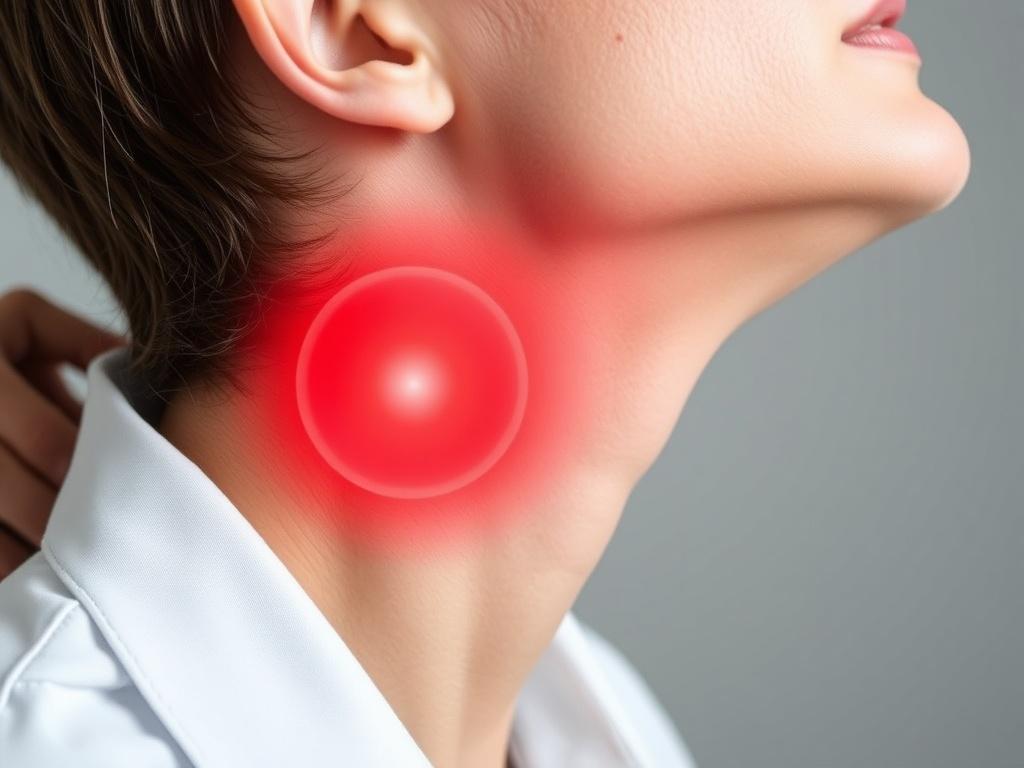
When you seek help for jaw pain, the healthcare provider will begin by taking a detailed history of your symptoms and medical background. They will ask questions about the pain’s onset, duration, triggers, and any other associated symptoms.
A physical examination will include gently palpating the jaw joint and muscles, observing your jaw movement, and checking for swelling or tenderness. Sometimes, they may listen for clicking or popping sounds in your jaw.
To pinpoint the cause, doctors may order imaging tests such as:
| Imaging Test | Purpose |
|---|---|
| X-rays | Helps visualize the jaw bones and teeth |
| MRI (Magnetic Resonance Imaging) | Displays soft tissues including cartilage and muscles around the TMJ |
| CT Scan | Provides detailed bone images for suspected fractures or severe disorders |
Dental examinations might also be necessary, especially if tooth-related problems are suspected. In some cases, referrals to specialists like dentists, oral surgeons, or ENT doctors may be made.
Effective Treatments for Jaw Pain
Treatment for jaw pain varies depending on the underlying cause, and many patients find relief once the exact problem is identified. Below, we’ll look at several common treatment approaches and lifestyle changes that can help ease jaw pain.
Home Remedies and Self-Care
For mild or temporary jaw pain, these simple techniques can help reduce discomfort:
- Applying ice or warm compresses: Ice can reduce inflammation; warm compresses help relax muscles.
- Gentle jaw stretches: Exercises recommended by a healthcare provider may improve jaw flexibility.
- Avoid hard or chewy foods: Eating soft foods reduces strain on your jaw.
- Managing stress: Since jaw clenching and teeth grinding are often linked to stress, relaxation techniques can assist.
- Over-the-counter pain relievers: Medications like ibuprofen or acetaminophen can help control pain and inflammation.
Medical and Dental Treatments
If self-care doesn’t relieve jaw pain, more targeted treatments may be necessary:
- Dental care: Treating cavities, infections, or realigning teeth through orthodontics can alleviate pain.
- TMJ therapy: Custom night guards reduce teeth grinding, physical therapy helps strengthen jaw muscles, and in some cases, injections or surgery might be suggested.
- Medications: Muscle relaxants, anti-inflammatory drugs, or antibiotics (for infections) may be prescribed.
- Surgery: Rarely needed unless there is a severe structural problem, joint damage, or tumors.
Preventing Jaw Pain: Tips to Protect Your Jaw Health
Prevention is always better than cure, and adopting healthy habits can minimize your chances of developing jaw pain.
Tips to Keep Your Jaw Healthy
| Preventive Measure | Description |
|---|---|
| Avoid excessive chewing | Limit gum chewing, biting nails, and eating hard foods that strain the jaw |
| Maintain good posture | Poor head and neck posture can contribute to jaw problems |
| Manage stress effectively | Stress reduction techniques like meditation help reduce jaw clenching |
| Use protective gear | Wear mouthguards during contact sports to prevent injury |
| Regular dental check-ups | Routine visits help catch dental issues early and reduce jaw strain |
By taking simple steps such as these, many people reduce the risk of developing chronic jaw pain and improve their overall oral health.
Frequently Asked Questions About Jaw Pain
0
Let’s clear up some common queries that people have about jaw pain and when to seek help.
1. Can stress really cause jaw pain?
Yes! Stress often leads to muscle tension and teeth grinding at night, both of which can cause jaw pain and stiffness.
Not always. While dental problems are common causes, jaw pain can also result from TMJ disorders, arthritis, injury, or even heart conditions.
3. Can jaw pain be a sign of a heart attack?
Sometimes. Jaw pain accompanied by chest pain, sweating, dizziness, or shortness of breath may indicate a heart attack. This requires immediate medical attention.
4. What exercises help relieve jaw pain?
Gentle stretching of the jaw, like opening and closing slowly, side-to-side movements, or resisted opening exercises can help, but always perform these under guidance.
5. When should I see a specialist for jaw pain?
If jaw pain persists beyond two weeks, worsens despite treatment, or comes with other worrying symptoms, seeing a dentist, oral surgeon, or TMJ specialist is recommended.
Jaw Pain and Everyday Life: When Does It Become a Problem?
Jaw pain can affect your day-to-day activities more than you might expect. Simple things such as eating, talking, or yawning can become challenging if your jaw hurts. Pain can disrupt sleep, impact concentration, and lead to increased stress. For many people, chronic jaw pain lowers their overall quality of life, causing frustration and discomfort.
Recognizing the impact of jaw pain early on is important. Don’t ignore recurring or worsening symptoms. Taking steps early to diagnose and treat the cause can prevent long-term issues like chronic pain, reduced jaw function, or persistent headaches.
Summary Table: When to Seek Help for Jaw Pain
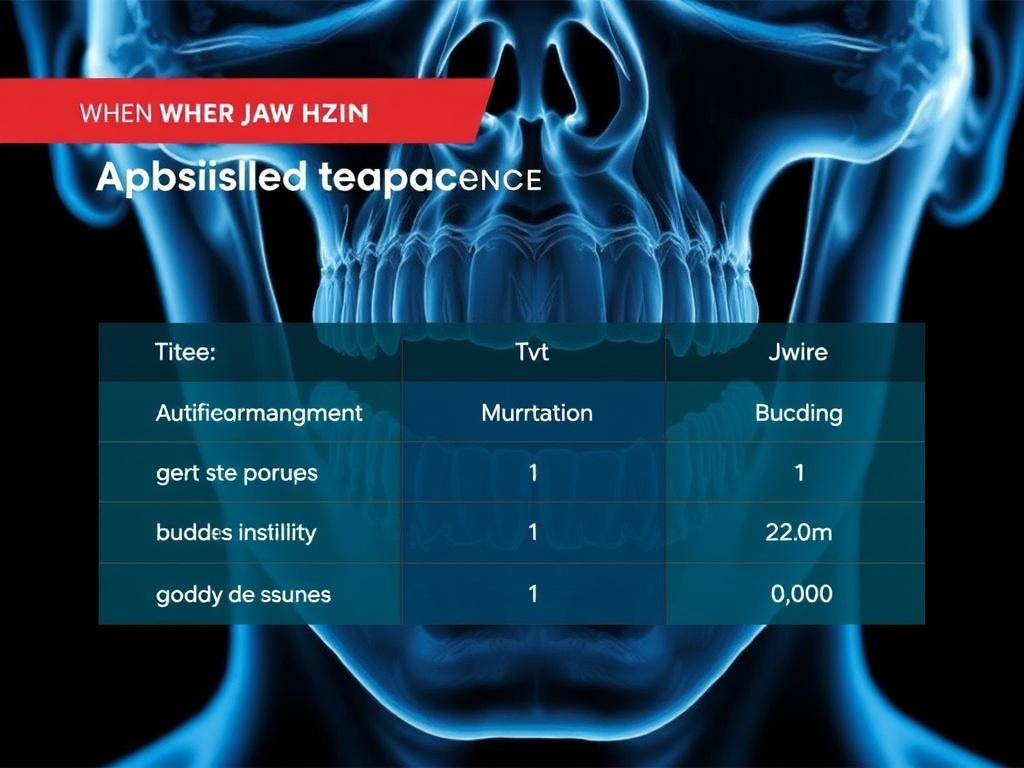
| Symptom | Action |
|---|---|
| Sudden, severe jaw pain after injury | Seek immediate medical attention |
| Jaw locking or difficulty opening mouth | Consult a healthcare provider soon |
| Jaw pain lasting more than 14 days | Schedule a medical or dental evaluation |
| Jaw pain with fever, swelling, redness | Seek urgent care to rule out infection |
| Jaw pain with chest pain or breathing issues | Call emergency services immediately |
| Mild to moderate jaw pain without other symptoms | Try home remedies and monitor symptoms |
Living Well with Jaw Pain
Jaw pain, while common, doesn’t have to control your life. By understanding the causes and knowing when to seek help, you gain power over your symptoms. Simple lifestyle adjustments, proper dental care, and timely treatment usually make a significant difference.
If you are unsure what’s causing your jaw pain or how to manage it, don’t hesitate to get professional advice. Remember, the jaw is a vital part of your everyday function, and taking care of it is important for your overall health and happiness.
Conclusion
Jaw pain can be a signal from your body that something isn’t quite right, whether it stems from dental problems, TMJ disorders, injuries, or other underlying conditions. Knowing when to seek help is key to preventing complications and finding relief. If your jaw pain is severe, persistent, or accompanied by other symptoms such as swelling, fever, or chest pain, consult a healthcare provider immediately. Early diagnosis through physical exams and imaging tests can lead to effective treatments tailored to your specific condition, ranging from simple home care to specialized medical interventions. Incorporating preventive measures such as stress management, good posture, and regular dental check-ups can greatly reduce your risk of jaw pain. Ultimately, paying attention to your jaw health and addressing pain promptly ensures you maintain a healthy, functional jaw and enjoy life without discomfort.
